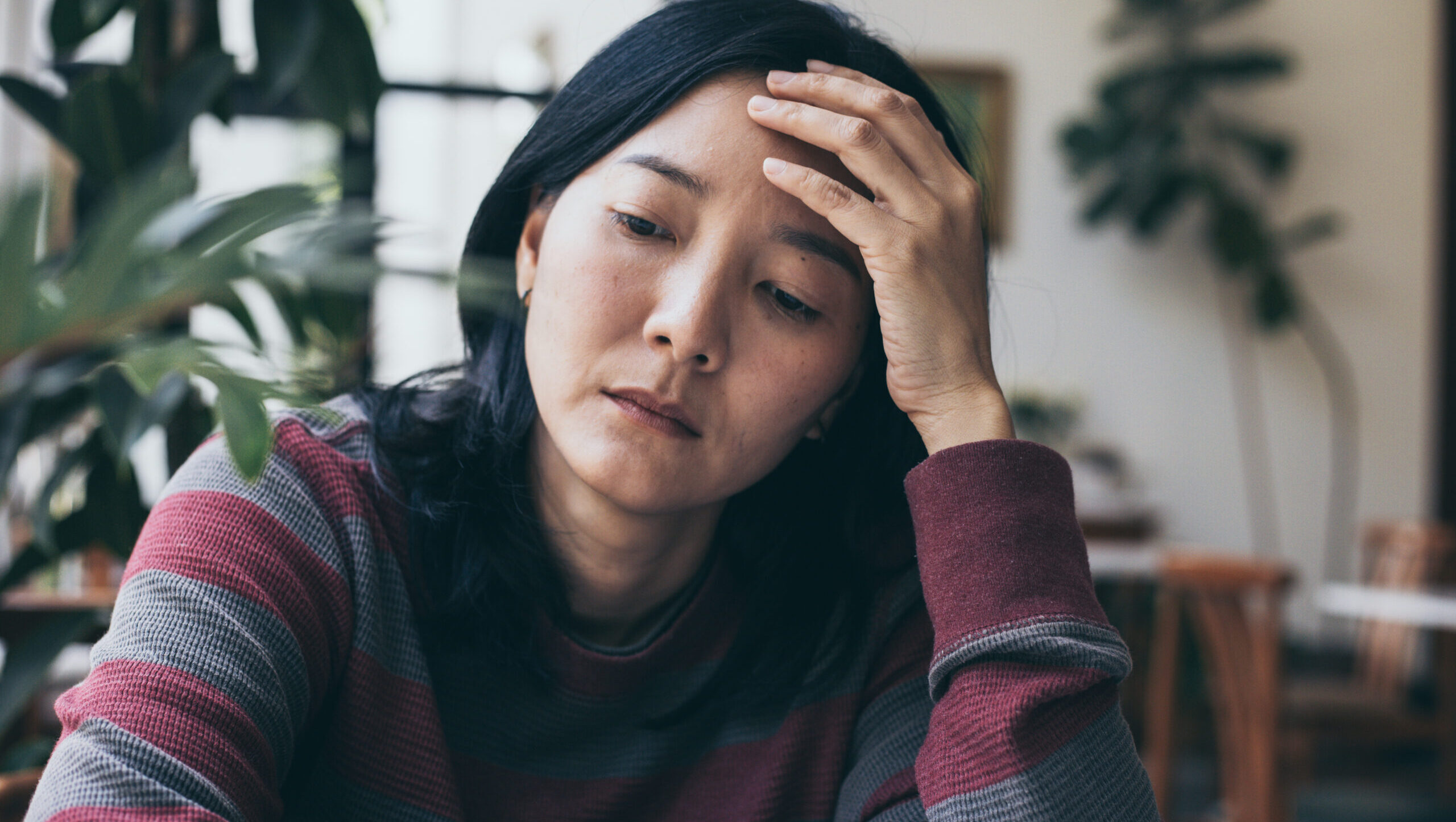What is Depression?
Depression (major depressive disorder or clinical depression) is a serious mental health condition that can cause feelings of sadness and loss of interest. The symptoms of depression can affect the way that an individual thinks, feels, and acts.
One of the most common mental health conditions is depression. According to the World Health Organization (WHO), it is estimated that 280 million people worldwide have depression.
Fortunately, treatment for depression has proven effective for many. With the right treatment plan many experience relief from their symptoms.
SYmptoms
The signs and symptoms of depression vary by person, but they commonly include:
- Feeling sad or hopeless
- Changes in sleeping pattern
- Lack of interest in once enjoyable activities
- Trouble thinking or concentrating
- Changes in appetite
- Anxiety
- Irritability or frustration
- Feelings of guilt
- Lack of energy
- Suicidal thoughts
Causes and RIsk Factors
There are many causes and risk factors for depression. Although there is no one clear cause for the disorder, risk factors include:
- Trauma can cause long-term changes in the way that one thinks and make them more vulnerable to depression.
- Genetics play a strong role in mood disorders as they tend to run in families.
- Other medical conditions can contribute to depression. Many physical and mental health conditions can increase one’s risk for depression.
Treatment
Symptoms of depression can often be relieved through treatment. Studies show that depression is one of the most treatable mental illnesses. After proper evaluation, a health care provider can help create a treatment plan suited to you. Treatment plans may include a combination of:
- Medication
- Antidepressants are the most common medication used to treat depression. In some cases, mood stabilizers and antipsychotic medications may also be prescribed.
- Psychotherapy
- Psychotherapy is commonly used to treat depression and can be very beneficial. Commonly used types of psychotherapy used in the treatment of depression include cognitive behavioral therapy, interpersonal therapy, and family-focused therapy.
- Self Help
- There are a variety of ways that an individual can help reduce symptoms of depression. Symptoms of depression are often decreased by exercise, getting enough sleep, eating healthy, and more.
Crisis Help
If you or a loved one is in a crisis, it is important to get help immediately. If in danger of suicide:
- Call 911
- Go to the nearest emergency room
- Call the toll-free, 24-hour hotline of the National Suicide Prevention Lifeline at 1-800-273-TALK (1-800-273-8255); TTY: 1-800-799-4TTY (1-800-799-4889)
Learn More
- To learn more about depression, we recommend contacting your healthcare provider.
- To read more about depression, the following resources are suggested:
- NIMH: https://www.nimh.nih.gov/health/topics/depression
- NAMI: https://www.nami.org/About-Mental-Illness/Mental-Health-Conditions/Depression
- WHO: https://www.who.int/news-room/fact-sheets/detail/depression
Return to home page: https://nwmind-bodywellness.com/
Read more articles: https://nwmind-bodywellness.com/articles/
